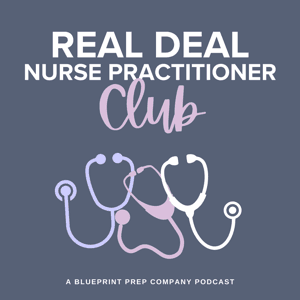It’s no secret that our bodies change as we age, and how we care for them might need to change, too. How many of us feel like we have all the information we need to stay healthy as we get older?
For the next few months, this podcast will dive into all aspects of aging and women’s health, in conversation with experts from the University of Wisconsin School of Medicine and Public Health Department of Obstetrics and Gynecology and beyond. Join us for episodes about:
We hope you’ll listen along with us as we explore women’s health and aging for the rest of this year. Let us know what aging-related topics you want to know more about in this survey: https://forms.gle/XaoArBtnxfHxA4Up7
Thanks for listening to the Women’s Healthcast, from the University of Wisconsin Department of Obstetrics and Gynecology.
































